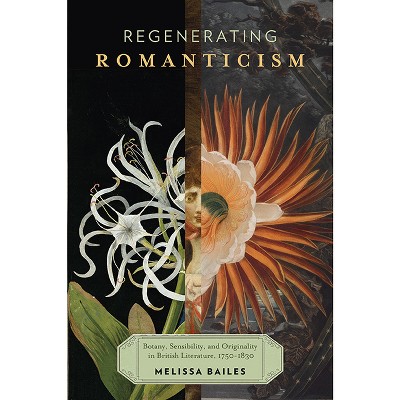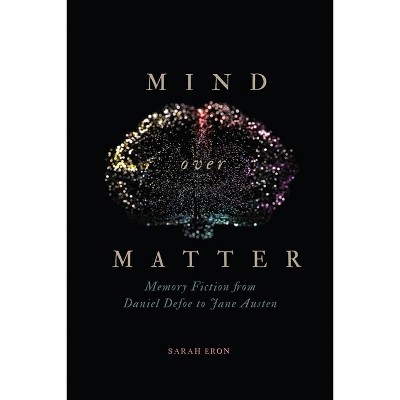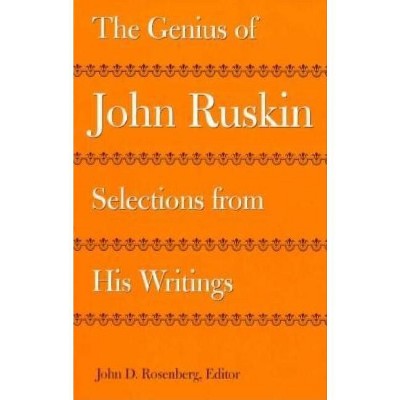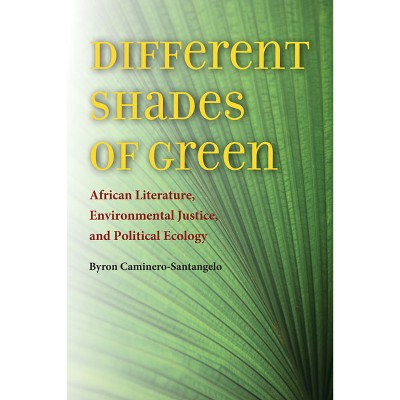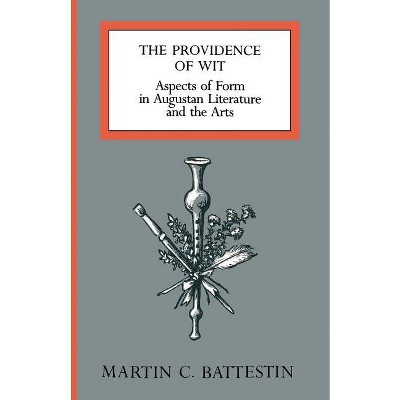About this item
Highlights
- In the mid-eighteenth century, many British authors and literary critics anxiously claimed that poetry was in crisis.
- About the Author: Melissa Bailes is Assistant Professor of English at Tulane University.
- 272 Pages
- Literary Criticism, European
Description
About the Book
Exploring these authors and their work, Questioning Nature explains how these women writers' imaginative scientific writing unveiled a new genealogy for Romantic originality, both shaping the literary canon and ultimately leading to their exclusion from it.
Book Synopsis
In the mid-eighteenth century, many British authors and literary critics anxiously claimed that poetry was in crisis. These writers complained that modern poets plagiarized classical authors as well as one another, asserted that no new subjects for verse remained, and feared poetry's complete exhaustion. Questioning Nature explores how major women writers of the era--including Mary Shelley, Anna Barbauld, and Charlotte Smith--turned in response to developing disciplines of natural history such as botany, zoology, and geology.
Recognizing the sociological implications of inquiries in the natural sciences, these authors renovated notions of originality through natural history while engaging with questions of the day. Classifications, hierarchies, and definitions inherent in natural history were appropriated into discussions of gender, race, and nation. Further, their concerns with authorship, authority, and novelty led them to experiment with textual hybridities and collaborative modes of originality that competed with conventional ideas of solitary genius.
Exploring these authors and their work, Questioning Nature explains how these women writers' imaginative scientific writing unveiled a new genealogy for Romantic originality, both shaping the literary canon and ultimately leading to their exclusion from it.
Review Quotes
...Melissa Bailes's Questioning Nature now add[s] to the corpus of work on Romanticism and science and do[es] so in ways that may well change the field.... For...Bailes, women writers, who participated in the ongoing debates about poetry and the natural sciences, produced works that argued for the interplay, intertextuality, hybridity, and sociability of literary and scientific discourse, but which led, ironically, to the male professionalization of the natural sciences and the ideological brand of scientific 'originality.'.... In many respects, women's scientific writing forms a basis for originality in poetry, but one which for women writers was a...hybrid production that melded science and poetry.... What Bailes demonstrates in her analysis of women's writing from 1750 to 1830 is that the writers turn against early eighteenth-century preferences for poetic imitation in favor of the production of 'original' poetry whose imaginative creativity rests in the critical debates about the use of technical language and which 'describes' more effectively and more concretely the natural phenomena the writers were observing. In so doing, they grounded literature within the frame of natural history by interpolating scientific terminology and language within their representations in poetry and their theoretical debates in their prose works.
--Jeffrey Cass, University of Houston-VictoriaQuestioning Nature contributes to the ongoing assessment of women writers' relationship to British Romanticism and the various dramatic historical changes that accompanied it.
-- "Journal of British Studies"Questioning Nature is essential reading for anyone interested in women's scientific writing and concepts of originality in the Romantic Period.
--Caroline Breashears "The Eighteenth Century Intelligencer "Questioning Nature stands as a masterful blending of biography, history, gender studies, and genre analysis that will undoubtedly provide fertile readings for established scholars as well as those venturing into the subjects of women's literary and scientific writing in the Romantic era, in the long nineteenth century, and in British history more broadly.
-- "Tulsa Studies in Women's Literature"[I]n this insightful monograph at the juncture of literary criticism and a cultural history of science, Bailes shows how women advanced both the natural sciences and literary genres by engaging both simultaneously.... [Bailes's] nuanced approach to early modern women's artistic and intellectual ventures will provide an insightful model to other scholars refuting the charge that women's work was only derivative, unoriginal, and less significant than the work of self-proclaimed solitary geniuses.
--Lisa Forman Cody "Early Modern Women"Bailes...looks at one moment in that continuum-the period from 1750 to 1830-and digs in. What she finds is astonishing: nature writing--writing that pays as close attention to the more-than-human world as a scientist would--came out of women writers' quest to be original...[A]uthors considered great nature writers...inherited their art from women writers of the late 18th and early 19th centuries who were the first to introduce science writing into poetry in a sustained way.
--Debbie Lee "The Wordsworth Circle "Bailes's competent and detailed account of women's controversial participation in the scientific debate between 1750 and 1830 offers a very original perspective from which to reconsider the issues of originality, gender and natural history, and, in a more general way, it also signals the necessity of a reconfiguration of the interrelation between literature and science in light of women's strong contribution to the field.
-- "British Society for Literature and Science"Both erudite and engaging, this book makes a significant contribution to the study of originality in the period. I do not know of another study that connects this concept so ingeniously to scientific literature and issues of gender. An impressive contribution to the study of women writers of the period, to concepts of originality, and to the intersections of these categories and scientific literature.
--Judith W. Page, University of Florida, coauthor of Women, Literature, and the Domesticated Landscape: England's Disciples of Flora, 1780-1870By foregrounding gender and originality as drivers of cultural production, Bailes reveals the true extent of the common ground shared by literature and science in the period. Questioning Nature offers the richest account available of women's science writing in the Romantic period.
--Noah Heringman, University of Missouri, author of Sciences of Antiquity: Romantic Antiquarianism, Natural History, and Knowledge WorkMelissa Bailes's Questioning Nature: British Women's Scientific Writing and Literary Originality, 1750-1830 also treats the interconnection of scientific and literary theory. Bailes shows that there is more at stake in Romantic women's turn to natural science than the establishment of the writer's authority: scientific discourse provided an account of the meaning and value of originality, and women writers made strategic use of this account to promote their work.
-- "SEL Studies in English Literature 1500-1900"This compelling and timely book traces the history of women's scientific poetry of the late eighteenth and early nineteenth centuries through shifting notions of literary originality. Using the figure of the poet-naturalist to assess work by Anna Barbauld, Maria Riddell, Anna Seward, Charlotte Smith, Helen Maria Williams, Mary Shelley and Felicia Hemans, Bailes effectively details the scientific underpinnings of their creative works and how they used such scientific content to establish literary and poetic authority in predominantly male circles. As Bailes argues, the natural sciences allowed women to exert cultural authority through a radical revisioning of contemporary science....This much-needed contribution to the history of woman in the Romantic culture of literature and science will be beneficial to many scholars of literature and the history of science.
--Anna K. Sagal "Archives of Natural History "With Questioning Nature we finally have a book that provides an in-depth, detailed, and knowledgeable account of the central role that natural history played in women's writing during the Romantic period. In eminently readable prose, Melissa Bailes demonstrates that women writers at this time were active participants in the culture of natural history and shows the diverse ways in which it guided their thinking about authorial identity and literary form, originality, and literary practice, including criticism and interpretation, collaboration, and translation. For anyone interested in the relationship between literature, gender, and scientific culture between 1750 and 1830, this is a must-read book.
--Alan Bewell, University of Toronto, author of Natures in Translation: Romanticism and Colonial Natural HistoryAbout the Author
Melissa Bailes is Assistant Professor of English at Tulane University.
Shipping details
Return details
Trending Fiction







